Turkey’s Religious Affairs Directorate views secularization as ‘risk’
In its 2024-2028 Strategic Plan, Turkey’s Religious Affairs Directorate (Diyanet) considered secularization as a “risk,” against which “the efforts to strengthen moral values should be increased,” according to reporting by online news outlet Kısa Dalga.
Duvar English
Turkey’s Religious Affairs Directorate (Diyanet) has viewed secularization as a “risk” in its 2024-2028 Strategic Plan, online news outlet Kısa Dalga reported on April 20.
The directorate argued that secularization has “negative reflections on the transfer of our traditional values to future generations,” adding that “the efforts to strengthen moral values should be increased” against it.
Moreover, the directorate said social awareness should be raised regarding “the changes and effects of secularization.”
The directorate has set itself six objectives, 23 targets, and 92 performance indicators to monitor progress until the end of 2028.
It also indicated that mosque associations should be affiliated to the directorate because they are not open to its supervision.
Projects should be developed to install solar panels and wind turbines on the roofs of mosques, and Quran schools, the plan also said.
Moreover, it emphasized that more budget should be provided to the project of ÇEDES (“I am Sensitive to my Environment, I Stand Up for my Values”) and personnel assigned for the ÇEDES.
The state-backed and highly controversial ÇEDES project is an initiative by Turkey’s Religious Affairs Directorate (Diyanet), Education Ministry (MEB), and Youth and Sports Ministry.
The project aims to deliver “values education” to students but has been criticized for shaping behavior aligned with the Turkish government’s conservative ideals.

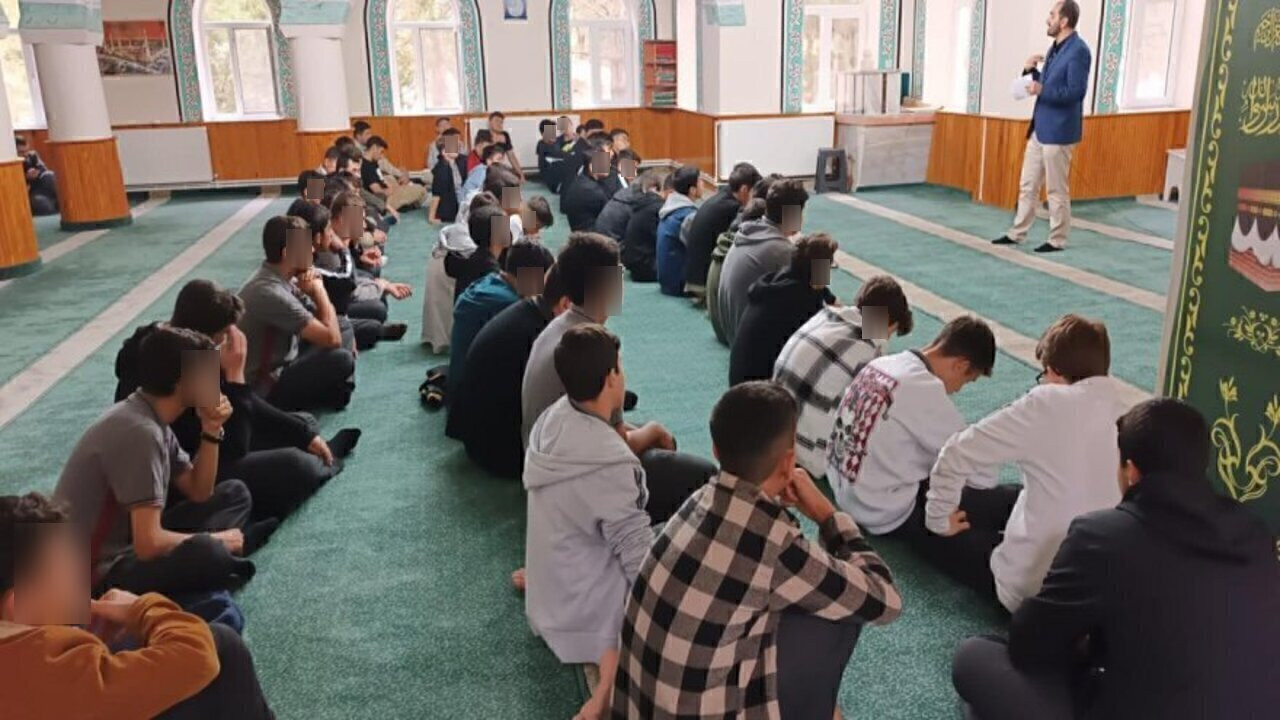 ‘Environmental values class’ in Turkey: sacrifice rituals, handcuffing childrenEducation
‘Environmental values class’ in Turkey: sacrifice rituals, handcuffing childrenEducation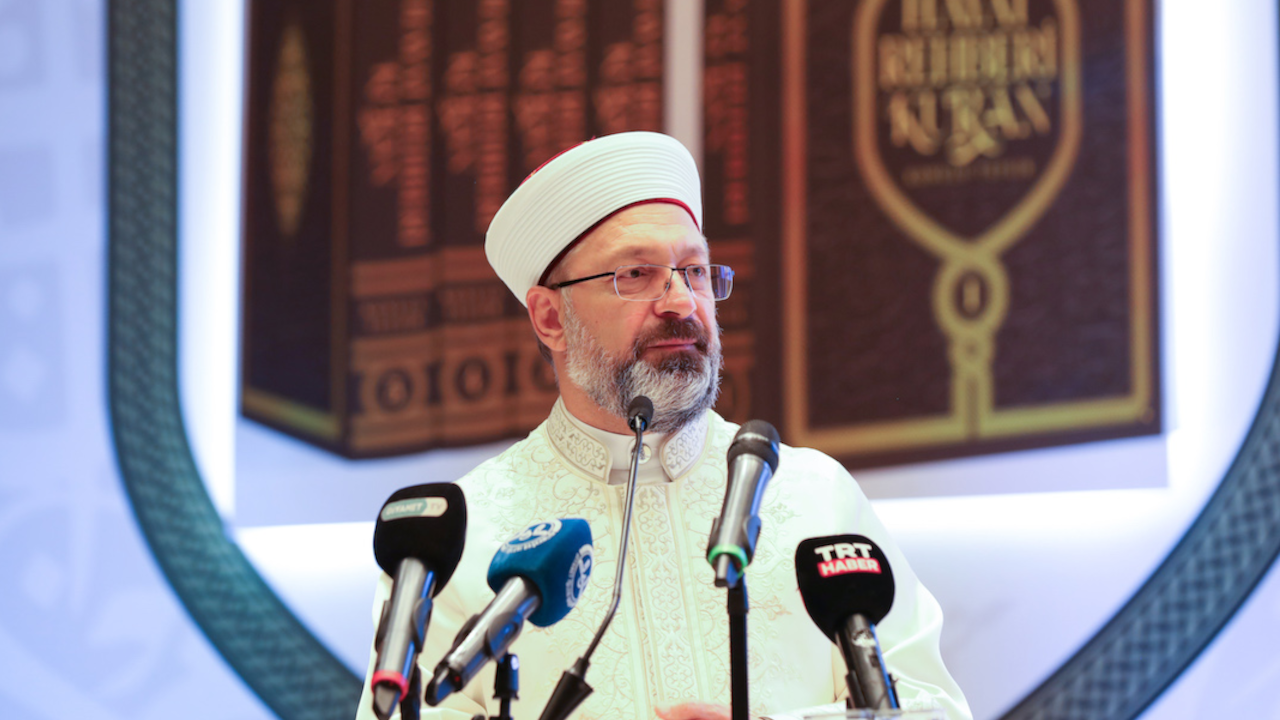 Turkey’s Religious Affairs Director encourages youth to ‘hate traitors of nation’Domestic
Turkey’s Religious Affairs Director encourages youth to ‘hate traitors of nation’Domestic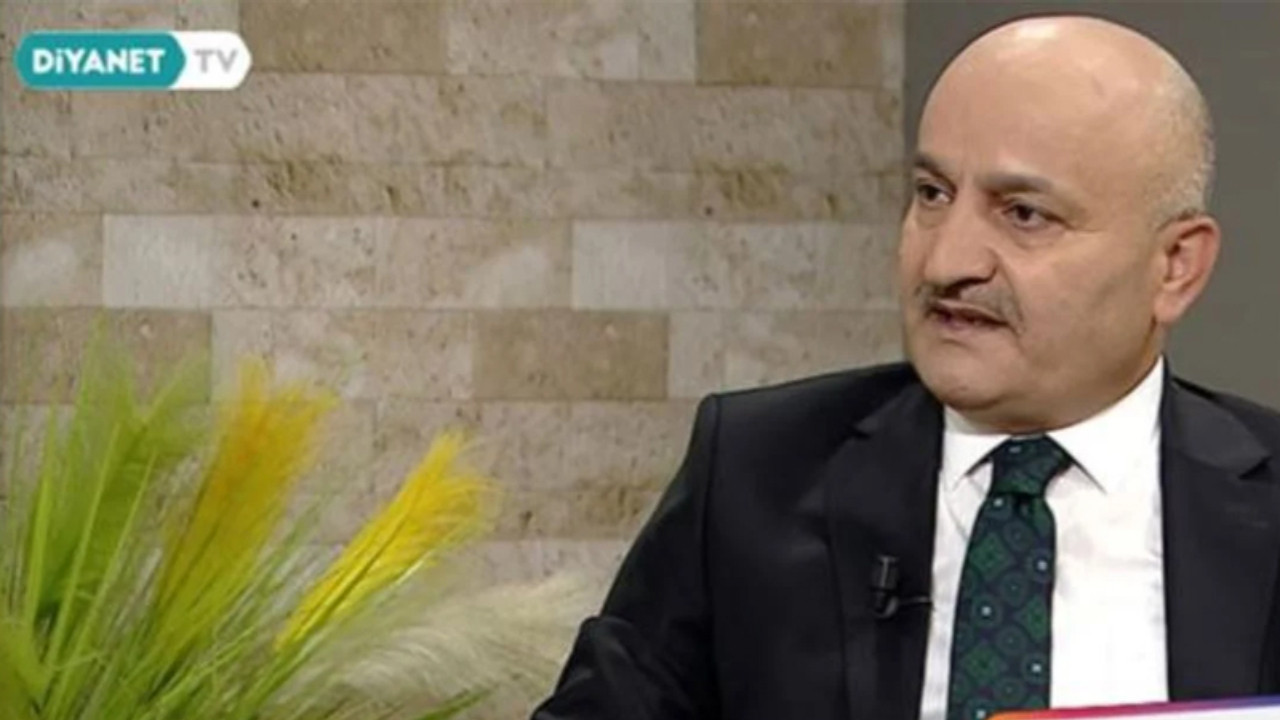 Workers in alcohol-related industries are 'cursed,' Turkish religious official saysDomestic
Workers in alcohol-related industries are 'cursed,' Turkish religious official saysDomestic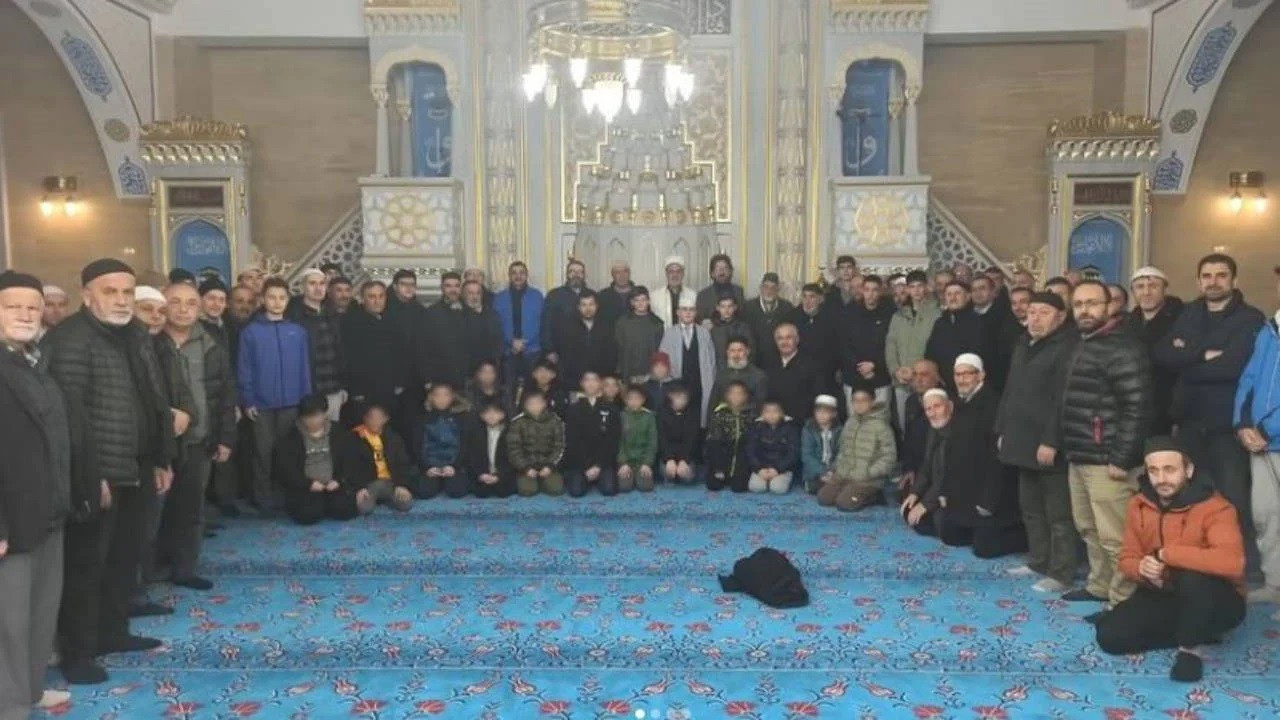 Education directorate argues AKP municipalities taking students to morning prayers 'do not violate Constitution'Education
Education directorate argues AKP municipalities taking students to morning prayers 'do not violate Constitution'Education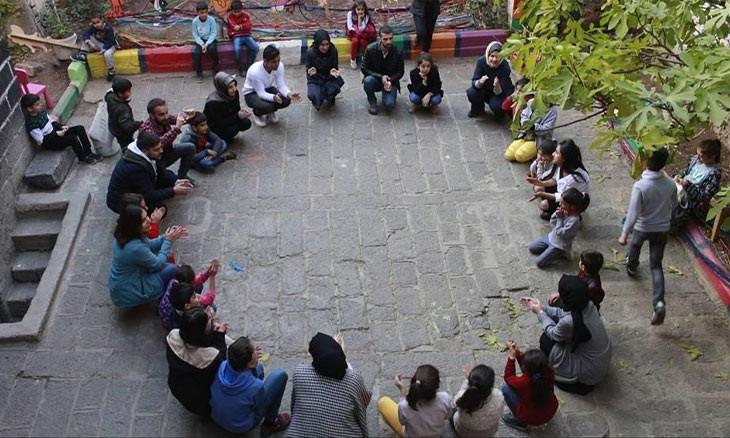 Turkish preschool forces students to fast as part of Ramadan activity in ‘values’ classEducation
Turkish preschool forces students to fast as part of Ramadan activity in ‘values’ classEducation